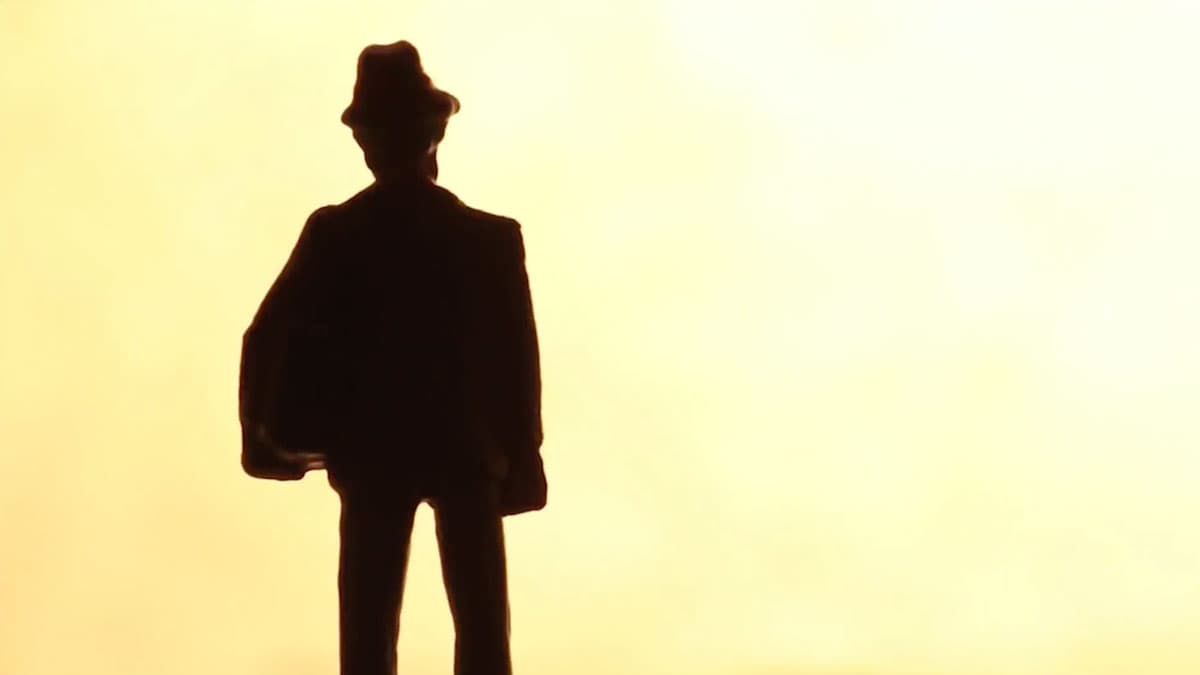Ana Maria Hermida

Reel

La Luciérnaga
Since debuting on the scene in 2009, award-winning director Ana Maria Hermida has become one of the brightest new voices in the international film market. The Colombian-born, Los Angeles-based creative first broke out in 2013 via her debut feature film La Luciérnaga (The Firefly), which won the coveted Jury Award at the 2017 Toulouse Gay Film Festival in France, in addition to receiving multiple nominations at the 2016 Madrid International Film Festival and the 2017 Macondo Awards, the equivalent to the Academy Awards in her motherland. The film, distributed by Media Luna Films, premiered as part of the Female Filmmaker New Mavericks section at the 2015 Atlanta Film Festival and screened at the 2015 Annual Festival Internacional del Nuevo Cine Latinoamericano de La Habana in Havana, Cuba, among other notable international film festivals. Most recently, Netflix purchased La Luciérnaga in 2017.
Born and raised in the Colombian capital of Bogotá, Hermida first cut her teeth at the School of Visual Arts in NYC, where she won the Outstanding Achievement in Directing and Outstanding Film awards at the school's annual Dusty Film & Animation Festival in 2009 for her short film El Elefante Rojo (The Red Elephant). Hermida's unique cinematic style blends an honest, raw and real visual aesthetic with striking elements of fantasy and magic realism and heartfelt drama. Inspired by her personal experiences and everyday encounters, her storytelling and themes explore complicated, and often taboo, sociopolitical issues, while presenting them in a digestible and intelligible manner that's relatable to universal audiences. (Her breakout film La Luciérnaga, which was inspired by the real-life loss of her brother, analyzes themes like homosexuality and death, while El Elefante Rojo examines child prostitution and female politics.) She also integrates her bold identity and influences from her homeland---all of her projects were filmed and are set in Colombia---into her work, which expresses a sense of collective femininity and depicts her individual yet challenging upbringing as a Latina filmmaker in the industry.